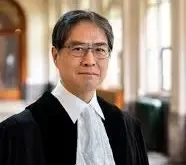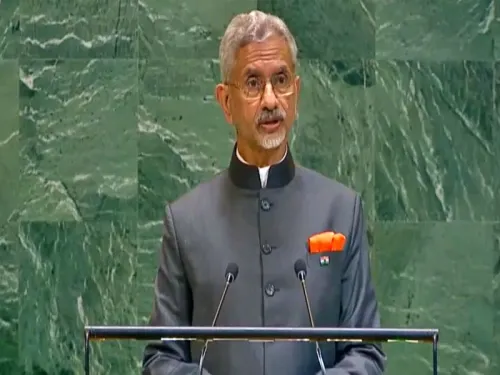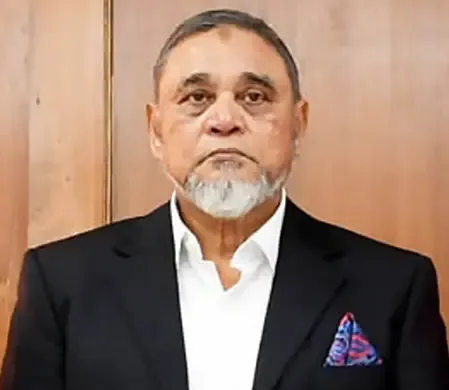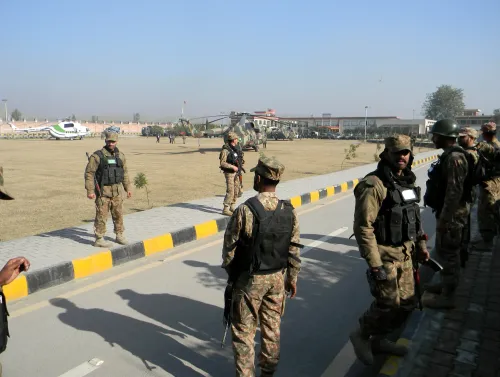Iwasawa Yuji Elected as New President of ICJ

Synopsis
Key Takeaways
- Judge Iwasawa Yuji is the new President of ICJ.
- He succeeds Nawaf Salam, who resigned in January.
- Iwasawa has been a Court judge since June 2018.
- He served as a professor and UN Human Rights Committee chair.
- ICJ's role includes settling disputes and providing legal opinions.
The Hague, Mar 4 (NationPress) Japanese Judge Iwasawa Yuji has been appointed as the new President of the International Court of Justice (ICJ) located in the Hague, Netherlands. He will take over from the former ICJ President Nawaf Salam, who stepped down in January prior to the end of his term.
The ICJ revealed on Monday that Iwasawa Yuji had been chosen as the Court's President by his fellow judges. President Iwasawa has served as a Judge of the Court since June 22, 2018. Before his appointment to the Court, President Iwasawa was a Professor of International Law at the University of Tokyo and held the position of Chairperson of the United Nations Human Rights Committee.
He is the second Japanese national to hold this prestigious position, following Hisashi Owada, who was the President from 2009 to 2012.
In an interview with NHK World Japan, Iwasawa expressed his desire to further the ICJ's mission of promoting the rule of law and fostering peaceful resolutions to conflicts.
The President and Vice-President of the ICJ are elected by the Court members every three years through a secret ballot. An absolute majority is necessary, with no nationality restrictions. They can be re-elected.
The President presides over all meetings of the Court, managing its operations and administration with support from a Budgetary and Administrative Committee and other committees formed by Court members. In the event of a tie during judicial deliberations, the President is empowered to cast the decisive vote.
The International Court of Justice (ICJ) serves as the primary judicial body of the United Nations. It was established by the United Nations Charter in June 1945 and commenced operations in April 1946. The Court consists of 15 judges, each elected for a nine-year term by the General Assembly and the Security Council of the United Nations.
The Court has a dual function: firstly, to resolve legal disputes submitted by States in accordance with international law; and secondly, to provide advisory opinions on legal questions referred by duly authorized United Nations organs and agencies.









